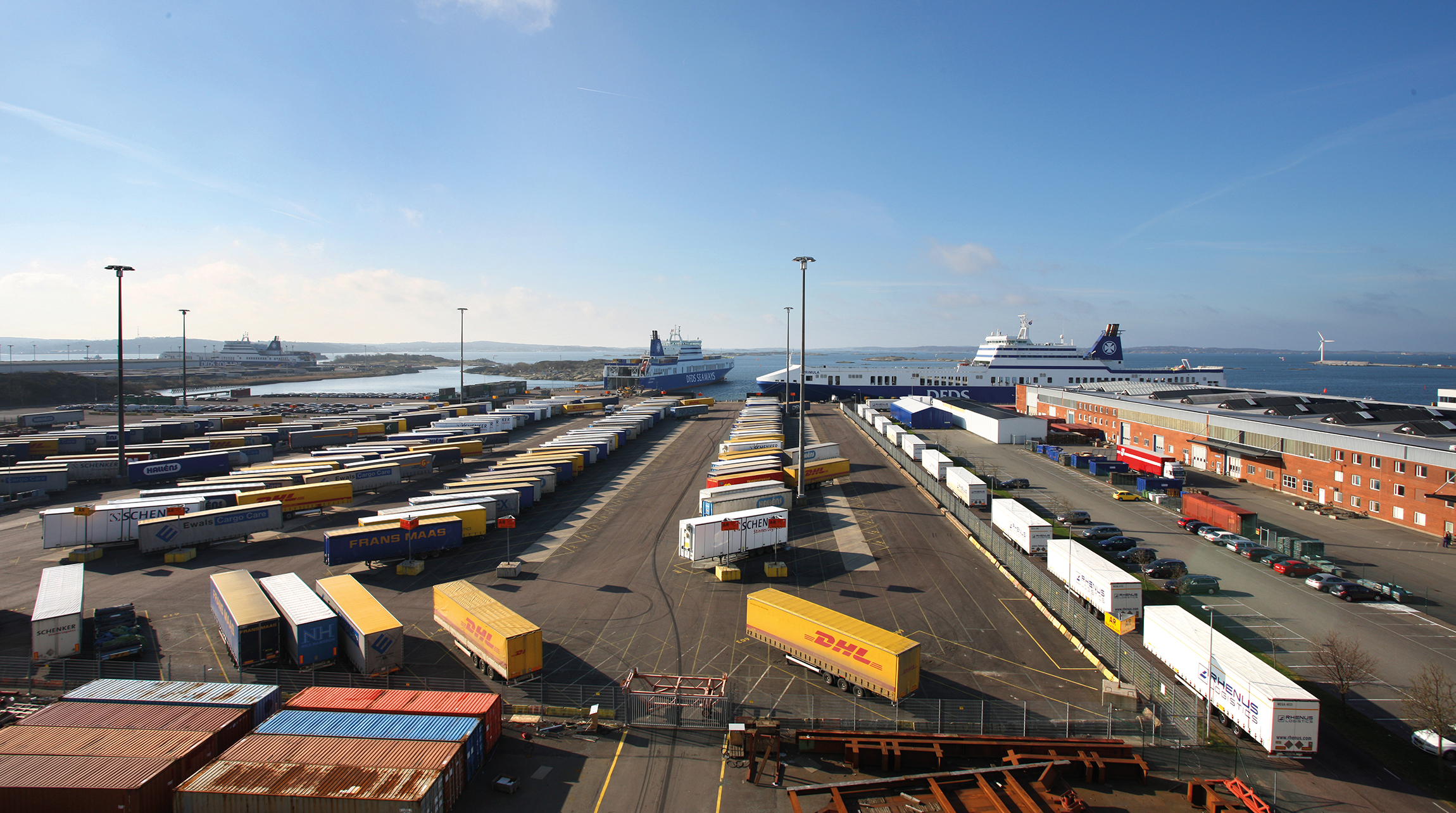
3 Solutions to the Last Mile Problem
“The question is, whether logistics companies can be persuaded to work together for the common good.”
Last mile transportation is by many considered the problem to solve in the shipping and logistics industry. Why? For one, last mile transportation comprises up to 53% of total transportation costs while only constituting a relatively small part of the supply chain. That makes it prime territory for cost-cutting in and of itself. Additionally, the last mile is exceedingly what clients care about the most. That is simply because the last mile is the primary client-facing part of the supply chain. It’s during that final stretch of any delivery that you come face to face with your client, and thus here you have the biggest opportunity to impact customer satisfaction.

Understanding the Issue of the Last Mile
The main challenge of the last mile is to handle low-density deliveries cost-effectively. The problem arises whenever bulk cargo gets thinned down to small-scale deliveries, which then have to be distributed along a route with stops that are far and few between. Those routes change depending on the specific delivery and may vary further depending on external factors like weather, traffic and so on. These uncertainties make efficient route planning difficult and often lead to low-density/high-cost deliveries.
Think of it this way. It’s quite efficient to transport a container full of shoes across the Atlantic on a freight ship compared to delivering one pair of sneakers to a customer in an urban high-rise. On top of that, the customer may not even be home to receive the delivery. That inefficiency is the foundation of the relatively absurd costs involved in last mile delivery.
Additionally, logistics providers need to consider the environmental components of the last mile equation. The logistics sector is under increasing scrutiny for its impact on the environment and so has to take active measures to reduce its carbon footprint and avoid potential image problems. With the last mile being both inefficient and top-of-mind for customers, it’s vital that efforts be made to reduce the environmental impact of this part of the delivery journey in particular.
Competition, Competition, Competition
The combination of high costs and increasingly demanding customers has made last mile transportation a battleground for companies looking to gain a competitive advantage in the market. Major logistics companies like DHL are trying to get the upper hand in part by expanding their warehouse network so as to reduce the distance from warehouse to consumer. Meanwhile, Amazon is experimenting with a mix of “anticipatory shipping”, centralised warehousing and even robots to bring down delivery time dramatically.
As such, the field of last mile transportation has become a highly competitive one with both legacy organisations and third-party logistics providers vying for market dominance. Ultimately, the question is what type of companies are best poised to solve the last mile challenge. To answer that, we must first consider the nature of the most promising solutions out there.
Creating Sustainable Delivery
There’s no question that day-to-day delivery is taking a toll on our infrastructure and adding to the congestion in our cities. This will likely only worsen as e-commerce continues to grow and push delivery times to decrease further, making for an utterly untenable situation according to Niklas Andersson, Vice President of DFDS Scandinavia.
“First of all, delivery trucks and vans are too often half-empty when they make their rounds.
All that unutilised cargo space exacerbates the low-density problem in a big way,” Andersson says and continues: “Secondly, the current situation simply isn’t environmentally sound. We can’t continue to compete on price and delivery times without hurting the environment in the long run.”
And so, the only viable solution is to make last mile transportation smarter and more agile. How do we go about that, you may ask? Possibly through community thinking.
“We need to work towards creating a community-based ecosystem for last mile delivery,” says Andersson. “A single platform through which we can coordinate our efforts, that’s the future of the industry.”
Collaborating With Competitors
Beyond simply utilising low-emission vehicles, Andersson predicts the pooling of assets between competitors to be key in achieving more sustainable supply chain solutions.
The idea is to allow competing logistics firms to buy left-over units in each other’s vehicles through a centralised platform. That way, companies could potentially increase efficiency and lower emissions without adding more vehicles to already congested urban spaces.
“The question is, whether logistics companies can be persuaded to work together for the common good,” says Andersson.
Collaboration is, however, becoming more prevalent. In the UK and Germany especially, there’s a trend of local logistics providers partnering with similar companies in so-called pallet networks to the benefit of everyone involved. While that trend seems promising, bigger players will likely be harder to convince of the advantages of collaboration. Still, exterior pressure could help drive the industry towards greater unity.
“It’s not unrealistic, that cities would choose to partner with a single provider to handle all deliveries under a certain size sometime in the years to come. They will possibly also create their own central logistics hubs and increase efficiency that way,” says Andersson. With that in mind, it may pay for the industry to embrace centralisation before it's potentially forced upon it.
In any case, the will to collaborate will likely be the determining factor in the race to create better last mile delivery, estimates Andersson. “Those who dare to open up and be part of a common ecosystem will end up thriving, leaving their competitors in the dust.”
Are you attending the Transport Logistics Fair in Munich? Book a meeting with our sales team and meet us there!
DFDS is one of the largest providers of specialised and fully integrated supply chain solutions in Europe. Learn how we help our customers grow here.

Subscribe to DFDS Insights
Contact us
Start a conversation with one of our experts: let's talk about your transportation needs.
Back to DFDS at the Munich Fair
Book a meeting with a DFDS industry expert, experince our latest digital solutions, see our new routes, and more.
DFDS Newsletters
Check out the fascinating and informative stories DFDS has written about the different industries we cover and get up to date the latest news and trends.
